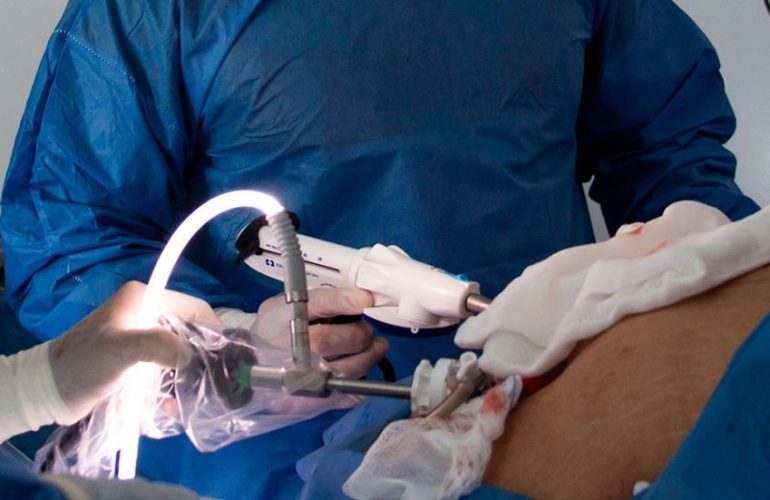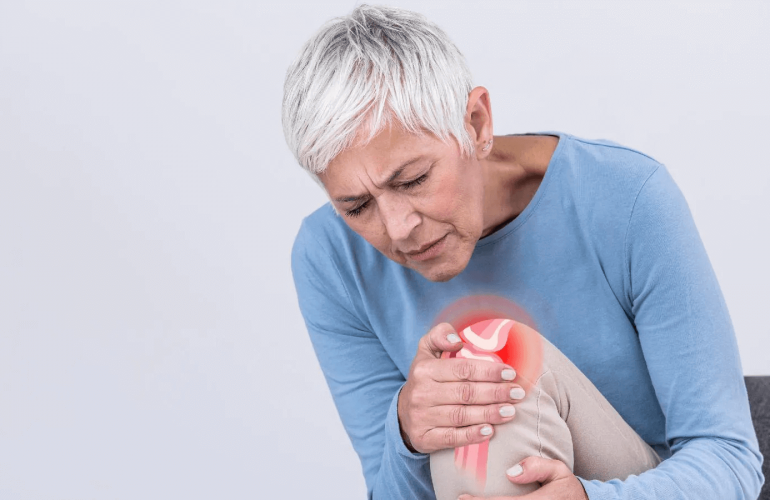UNDERSTANDING THE DIFFERENT TYPES OF HEART ATTACKS AND THEIR CAUSES
Heart attack is a serious and potentially life-threatening health condition that affects millions of people across the world. It occurs when the blood flow to a specific area of the heart is blocked, usually by plaque buildup in the arteries. There are several types of heart attacks that can be treated by the best cardiologist in Chembur and each heart attack has different causes and effects on the body. Understanding these types and their causes can help people identify and prevent them from happening.
Let us first understand the type of heart attacks:
STEMI:
These attacks are caused by a major problem in the coronary artery and usually occur when blood flow through the artery is completely obstructed. This gradually degrades the heart muscle tissue, causing weakness that can result in damage to the heart’s functionality.
NSTEMI:
NSTEMI heart attacks are the result of partial blockage of a part of the coronary artery, which results in restricted blood flow. They are less severe than those of STEMI heart attacks but can still result in permanent injuries.
CORONARY ARTERY SPASM:
These spasms are also known as silent heart attacks. They occur when the arteries connected to the heart contract, causing or limiting blood flow to the heart. Symptoms do not cause permanent damage, and they are less severe than those of other types of coronary artery disease. However, having a coronary artery spasm can increase the likelihood that a person will have a serious heart attack.
All these conditions of heart attack are CAUSED due to:
- Smoking.
- A high-fat diet.
- Diabetes.
- High cholesterol.
- High blood pressure (hypertension)
- Being overweight or obese.
Bottom line:
Everyone needs to have an understanding of the different types of heart attacks and their causes. With this knowledge, people can be better prepared to recognize the signs and symptoms of a heart attack and know how to respond accordingly with the best Heart attack treatment in Chembur. Additionally, this knowledge can help people take proactive steps to reduce their risk of having a heart attack by promoting healthier habits now. Everyone should talk to their healthcare provider about their risk factors and any other questions they may have.
![]()




